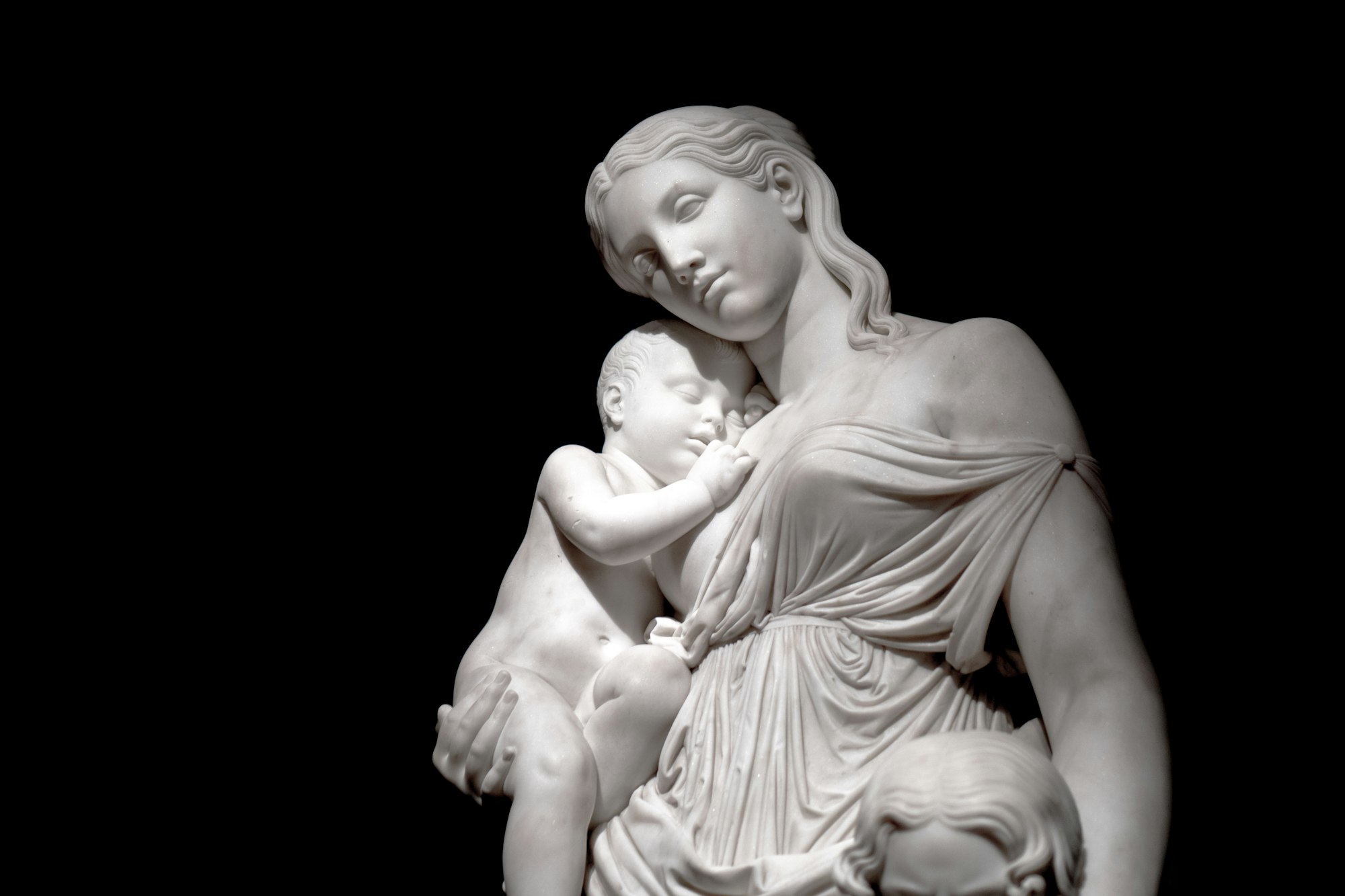Wislawa Szymborska, "In the Park"
Wislawa Szymborska captures a small but subversive comedy with "In the Park."

Two thorough and personal reports by Natalia Contreras about the realities of voting in Texas are on my mind:
- "I'm an elections reporter – and I just cast my first vote as a naturalized U.S. citizen:" this does a masterful job highlighting the pressures surrounding voting and immigration in the U.S. You have a green card and are scared to death of going anywhere near the polls; the amount it takes to apply for naturalization is an incredible burden, though you've been paying taxes for years; the article does not have mention how a number of people want to react to someone with an accent who strives to inform others with correct information about voting.
- "It took me three tries to register to vote – and I'm a voting reporter:" this will make your blood boil.
Below I've written on a brief poem of Szymborska's which engages a theme I'll be talking about more in later posts and essays. My current work on Heidegger is leading me to the question of how to deal with too much seriousness. He's willing to sacrifice untold numbers of people because he believes he has unique insight into our lack of spirit. How do we deal with the fact that everyday life shouldn't always obsess over things like the spirit of a people or political ideals? If those things don't inform how we live, what good are they?
Wislawa Szymborska captures a small but subversive comedy with "In the Park." The poem is simple enough: a little boy asks his mother about a weathered statue in the park. Maybe the statue is Charity, but it's always been "beat-up," and maybe the city should "get rid of it" or "fix it." Anyway, we have to get going.
In the Park (from Monologue of a Dog) Wislawa Szymborska (translated by Cavanagh & Baranczak) —Hey! the little boy wonders, who's that lady? —It's a statue of Charity, something like that, his mother answers. —But how come that lady's so-o-o-o beat-up? —I don't know, she's always been like that, I think. The city should do something about it. Get rid of it, fix it. Well, don't dawdle, let's get going.
The poem presents an unmistakable challenge for those of us who read publications with slogans like "Democracy Dies in Darkness." Are we too serious about civic virtue and religion? Are political philosophy and art that big a deal? I mean, "leave people alone" is perfectly sensible, not to mention just. A mother has enough to do besides deal with impertinent questions. In any case, the kid will promptly forget the answers. I should probably read fewer books like Jason Stanley's How Fascism Works and try going outside.
The trouble with our correct, non-invasive intuition, e.g. "not everyone has to teach civics and morality all the time," is that we can neglect what we stand for at great cost. –So there's a statue of Charity that's been mistreated. So what?– Well, whether Paul declares charity the greatest theological virtue or the early moderns promote it to forge a more humane world, charity is foundational. You may be cynical about a self-sacrificing, ever-giving love, but it helped build the world in which we live. By contrast, not spending money and letting the city's prized possessions rot fail to build anything. No one sees a beaten statue and thinks "my city saved money not taking care of that. What sensible leadership!" It feels weird to overemphasize a statue, but a greater sense of value must start somewhere.
There is a not-so-hidden joke about art here. Some who craft believe they can achieve immortality. We'll transmit the wisest words forever, no? Won't we preserve as much as we've been given? But artwork does depend on material causation, and if the material decays, so might the thought.
I'm almost tempted to say politics cannot comprehend comedy. That the story of a mother struggling with her young son's inquisitiveness puts all grand ideas about politics to shame. However, while political life may not invite raucous laughter, it isn't entirely joyless. People do work together, energizing each other. Good outcomes follow, as well as honest mistakes and ridiculous attempts. It's safer to say that the question of taking care of our higher values is somewhat separate from our everyday lives. I remember attending fundamentalist services where the youngest children didn't dare make a sound. Nothing felt normal; the families barely knew each other. If you take the highest values too seriously, you deform everyone. But if you don't take them seriously enough, then maybe you shouldn't be in charge of anything.
